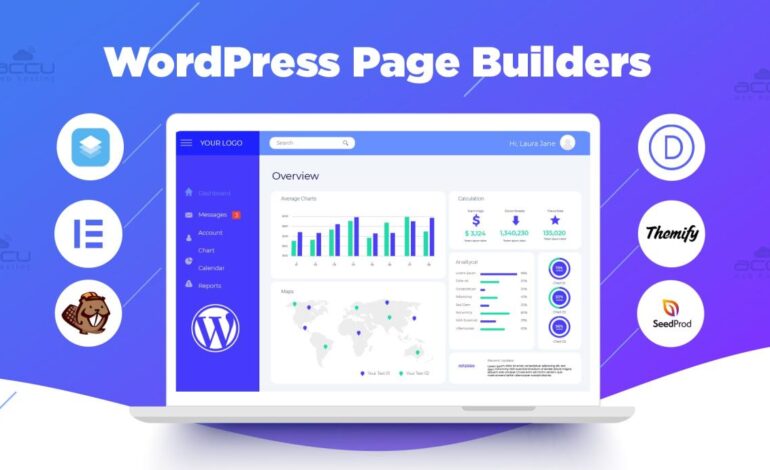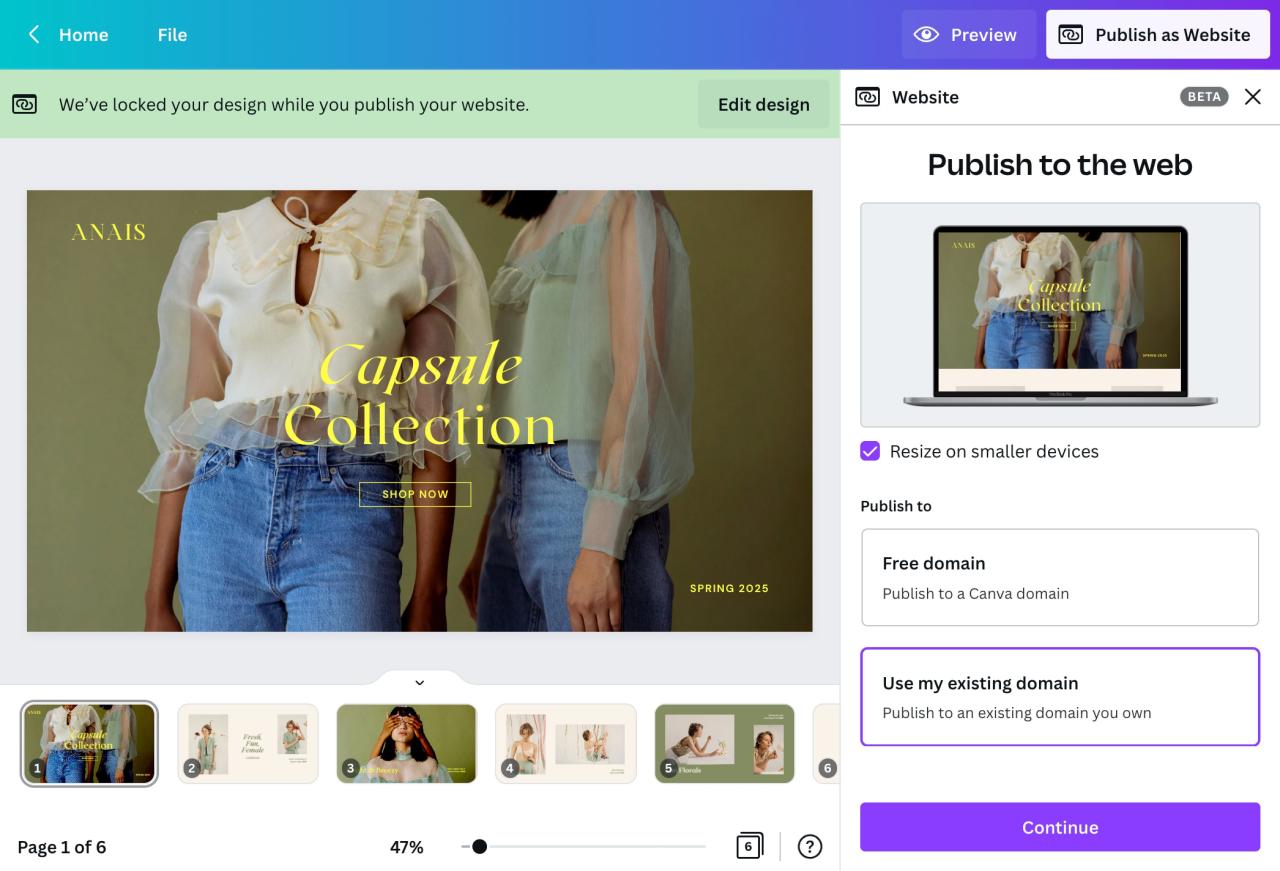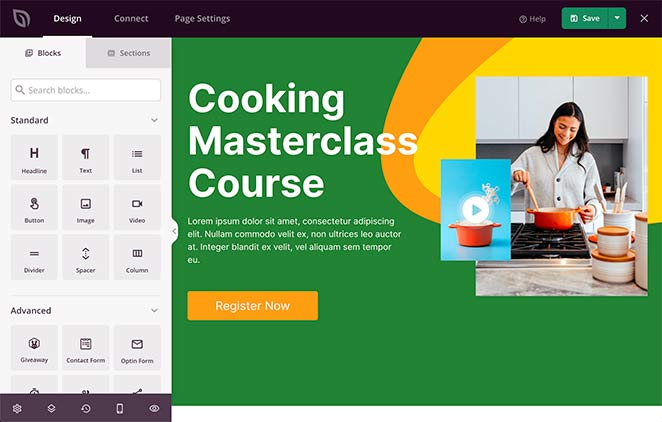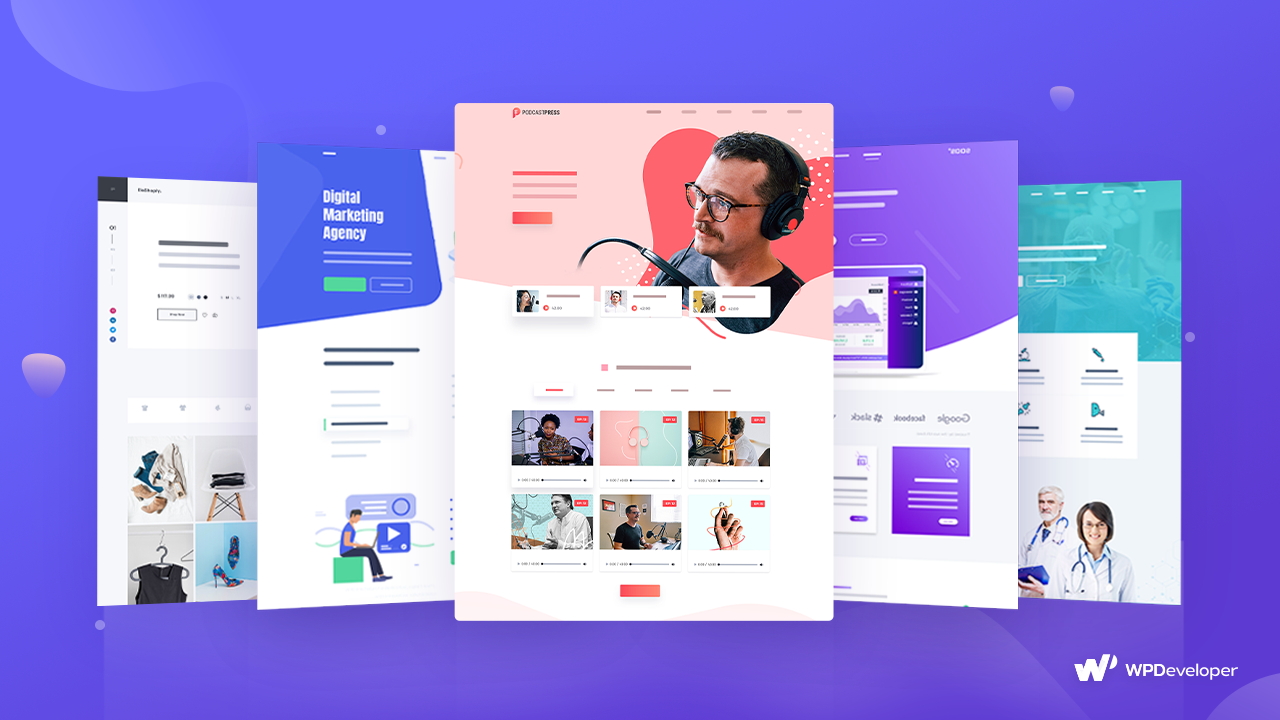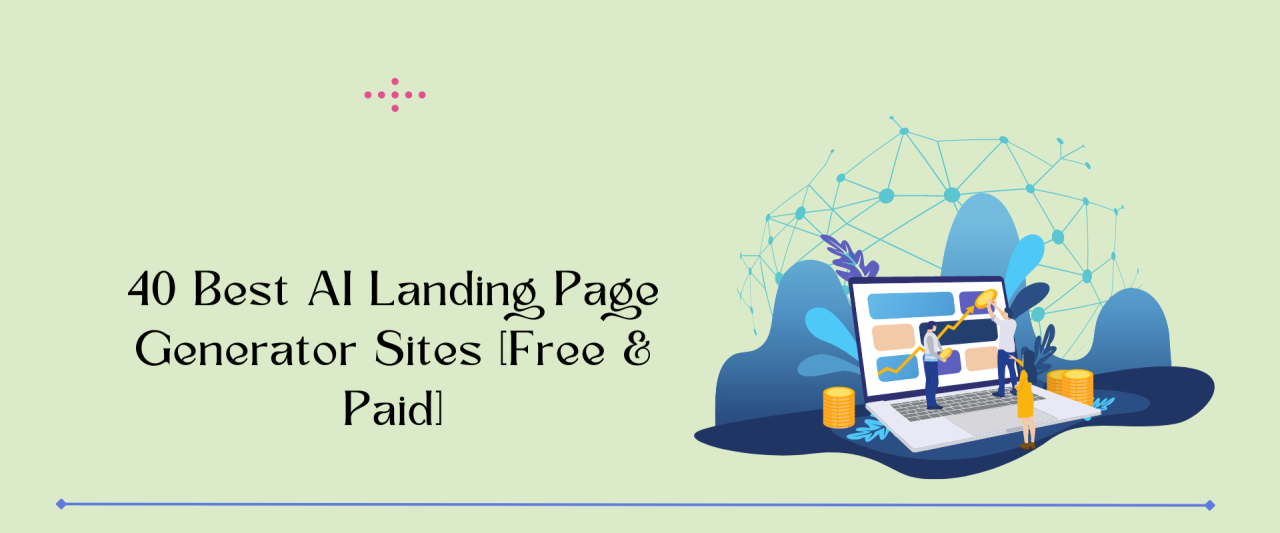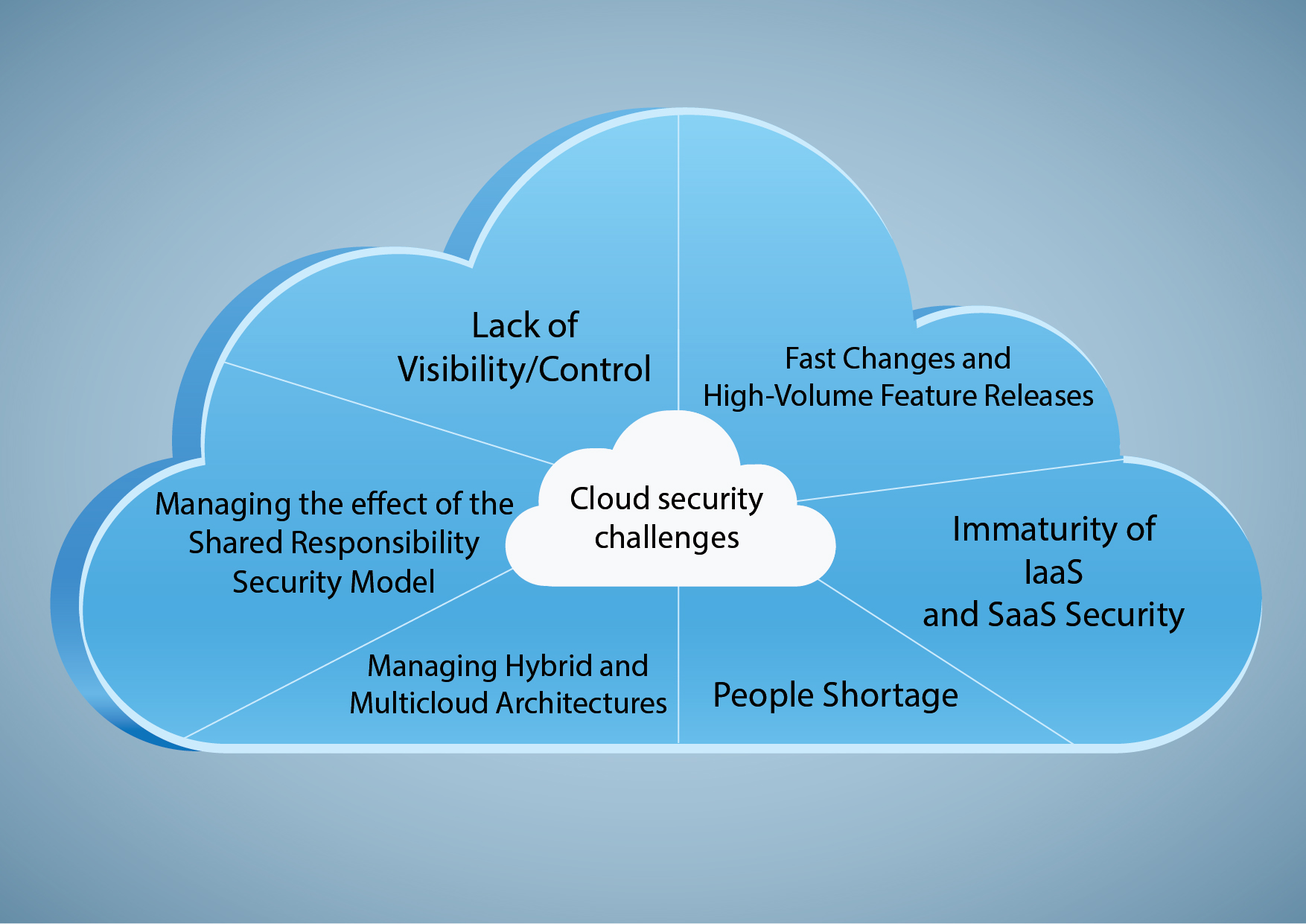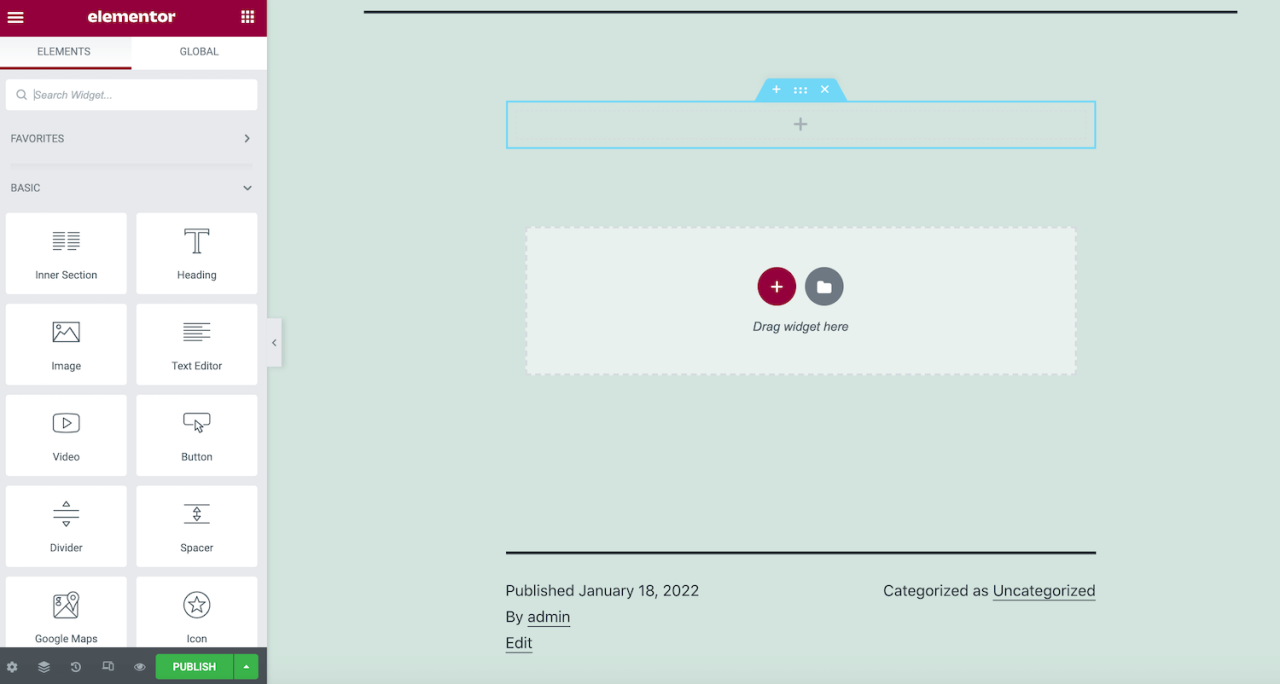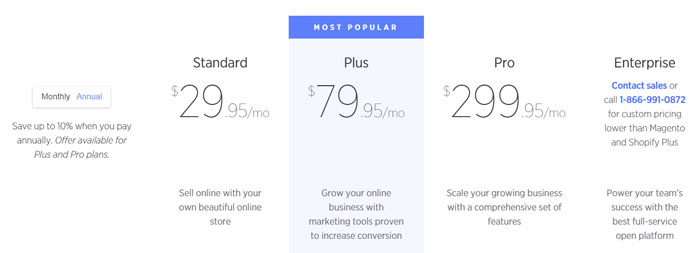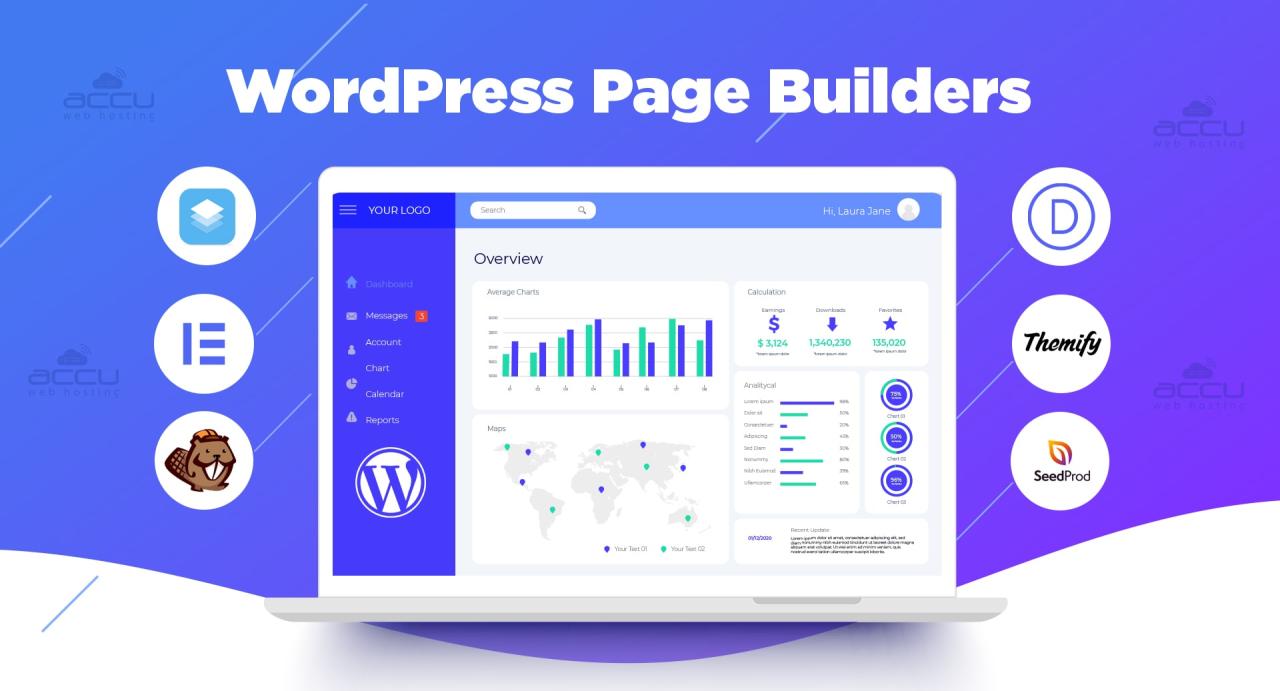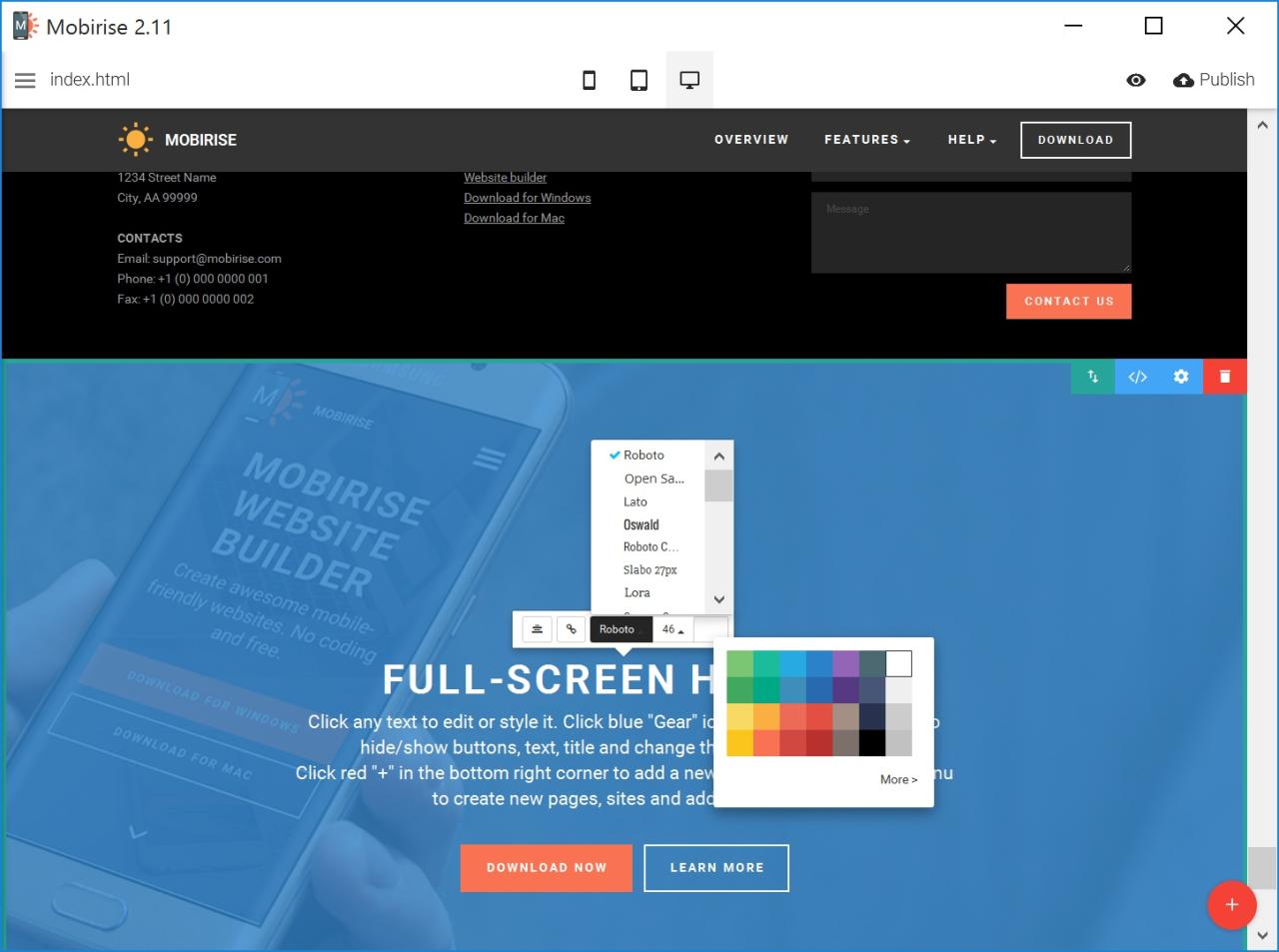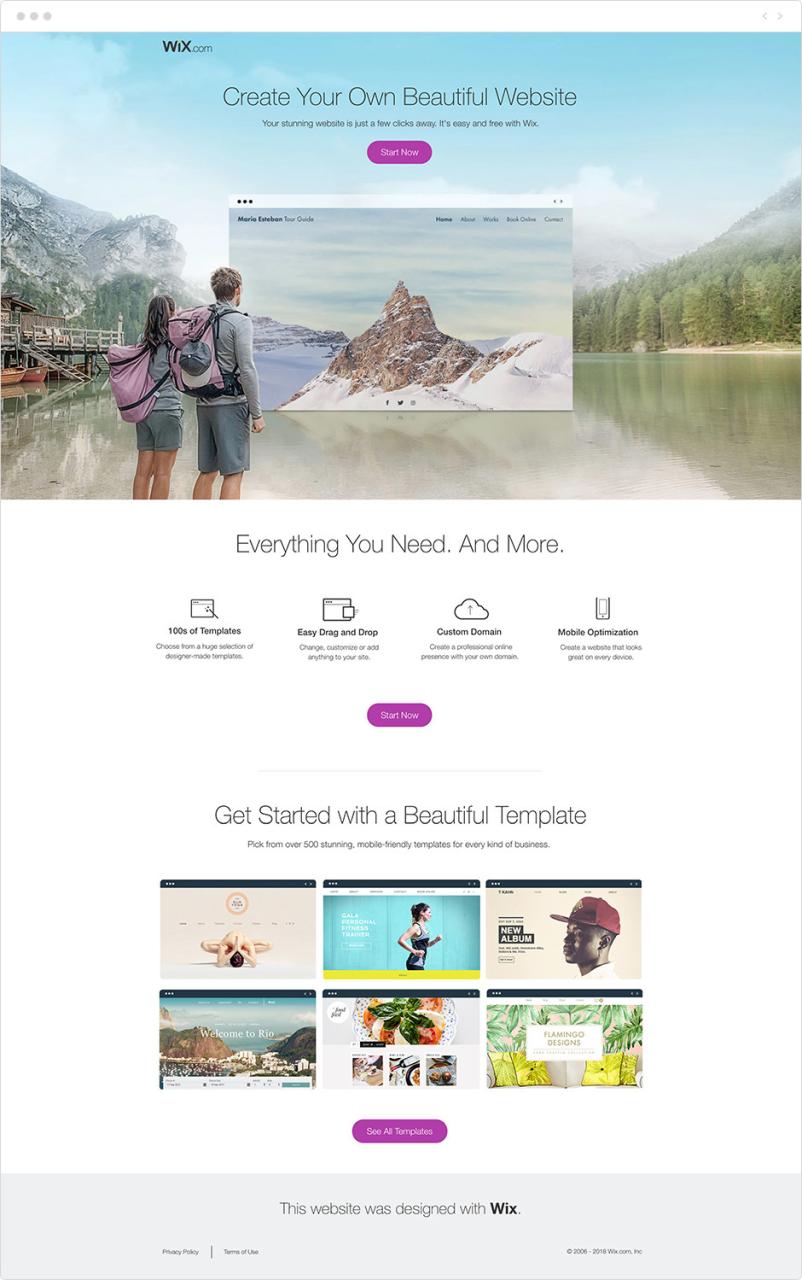Web Page Builder
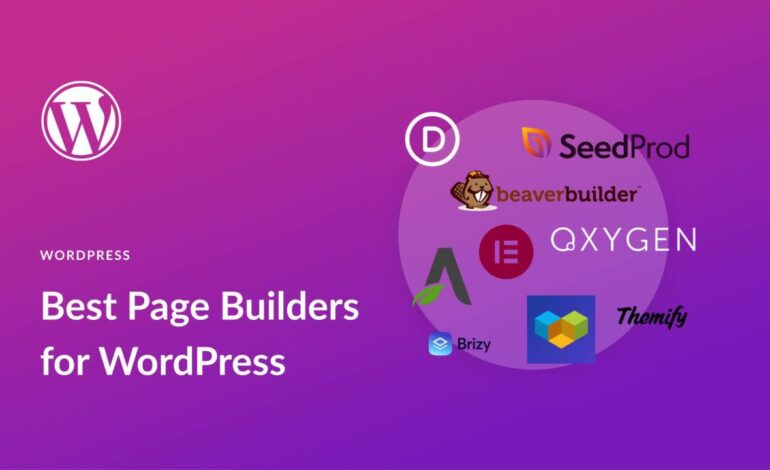
Ever dreamed of having a stunning website without needing to code a single line? You’re not alone. For many entrepreneurs, small business owners, and creatives, the thought of building a website from scratch can be daunting.
That’s where web page builders come in. These intuitive platforms empower you to create professional-looking websites with drag-and-drop simplicity, bypassing the need for extensive technical skills or hiring a developer. But with a plethora of options available, choosing the right web page builder can feel overwhelming.
This article will guide you through the key features, benefits, and considerations involved in selecting the perfect builder for your unique needs, helping you unlock the potential of the web and bring your online vision to life.
Unlocking Your Online Potential: A Deep Dive into Web Page Builders
Ready to ditch the coding headaches and embrace the world of effortless website creation? Web page builders are your secret weapon. These user-friendly platforms empower anyone to craft stunning, functional websites, regardless of technical prowess.
Think of them as digital LEGO sets, offering a variety of pre-designed blocks and intuitive interfaces. Simply drag, drop, and customize to bring your vision to life. Whether you’re a seasoned entrepreneur or a budding blogger, a page builder can be a game-changer.
The beauty of these tools lies in their accessibility. No longer are beautiful, engaging websites exclusive to those fluent in HTML, CSS, and JavaScript. You can concentrate on content, design, and audience engagement.
Let’s explore the ins and outs of web page builders, revealing their strengths, weaknesses, and the perfect fit for your online aspirations.
What Exactly is a Web Page Builder?
At its core, a web page builder is a software solution that allows you to design and build websites without writing code. It presents a visual interface, often drag-and-drop, where you manipulate elements to create your desired layout and appearance.
These tools offer a library of pre-built components, such as headings, images, text blocks, buttons, and forms. These components are fully customizable to match your brand and style. Imagine being able to create a beautiful website just by dragging and dropping different elements.
They act as a bridge, bringing powerful website creation capabilities to everyone. From simple landing pages to complex e-commerce stores, the possibilities are practically limitless. The focus is on visual design and user experience.
Web page builders handle the technical complexities in the background. They output clean code that search engines and browsers can easily understand. This ultimately allows you to put your focus on content and design instead of technical coding.
Benefits of Using a Web Page Builder
Choosing a web page builder comes with several advantages. Perhaps the most notable is the significant reduction in development time. Launch your website in days instead of weeks or months by not worrying about coding.
Cost-effectiveness is another major perk. Bypass the need to hire expensive web developers. Maintain control over your website’s design and upkeep. You save money in the long run.
The ease of use is often a decisive factor for many. Anyone, regardless of skill, can create a professional-looking website with a simple user interface. Make changes to your website easily and quickly.
They offer a great deal of flexibility. Many web page builders include templates that are customizable to fit your specific needs. Create a unique and personalized website that represents your brand.
Potential Drawbacks to Consider
Despite their advantages, web page builders do have some potential limitations. While customization is possible, some platforms may restrict you to their pre-defined structures. This can sometimes limit design flexibility.
Depending on the platform, your website’s performance might be affected. Excessive use of plugins or poorly optimized images can slow down loading speeds. This is an important thing to keep in mind.
Another thing to be aware of is potential vendor lock-in. Migrating your website to a different platform might be difficult if you rely heavily on a specific builder’s proprietary code. It’s important to consider a platform’s portability before committing.
Some simpler builders lack advanced features needed for complex websites. If you require sophisticated functionality, a more robust solution or a custom-coded site may be a better option. Always evaluate your long-term needs.
Choosing the Right Web Page Builder for You
Selecting the ideal web page builder requires careful consideration of your specific needs and technical expertise. Start by identifying your website’s primary goals. Do you need a simple blog, an e-commerce platform, or a portfolio site?
Assess your budget. Some builders offer free plans with limited features. Others operate on a subscription basis with varying tiers. Factor in long-term costs and scalability.
Consider the builder’s ease of use and design flexibility. Does the interface feel intuitive and comfortable? Does it offer sufficient customization options to reflect your brand identity? Take advantage of free trials to test drive different platforms.
Look into the support and community resources available. A robust knowledge base, responsive customer support, and an active user community can be invaluable when you encounter challenges. Read user reviews and seek recommendations.
Popular Web Page Builder Options
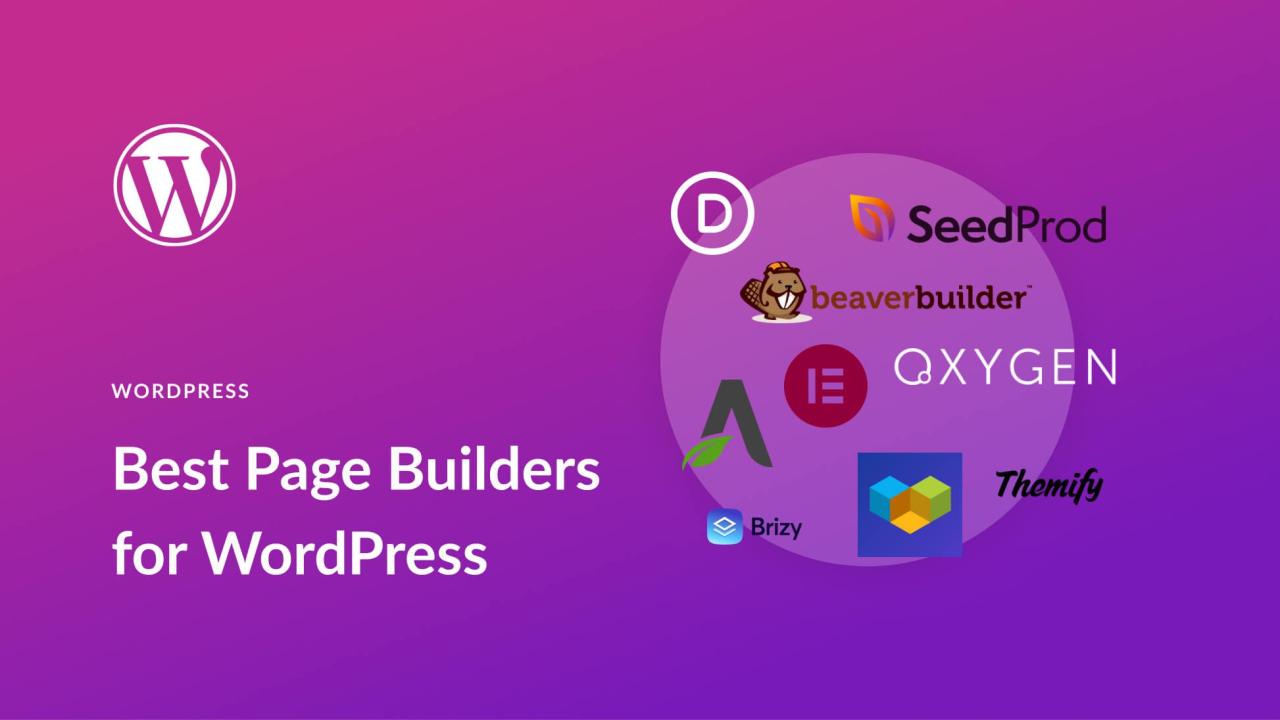
The market is filled with numerous web page builder solutions, each with its unique strengths. WordPress, when combined with page builder plugins like Elementor or Beaver Builder, offers incredible versatility and customization options.
Squarespace is known for its sleek templates and user-friendly interface, making it a great choice for visually appealing websites. It’s a more closed system than WordPress, but offers ease of use.
Wix provides a drag-and-drop interface and a wide range of features, catering to both beginners and experienced users. Its extensive app market allows for extended functionality.
Shopify is specifically tailored for e-commerce, offering comprehensive tools for managing products, payments, and shipping. It focuses solely on online stores and sales.
